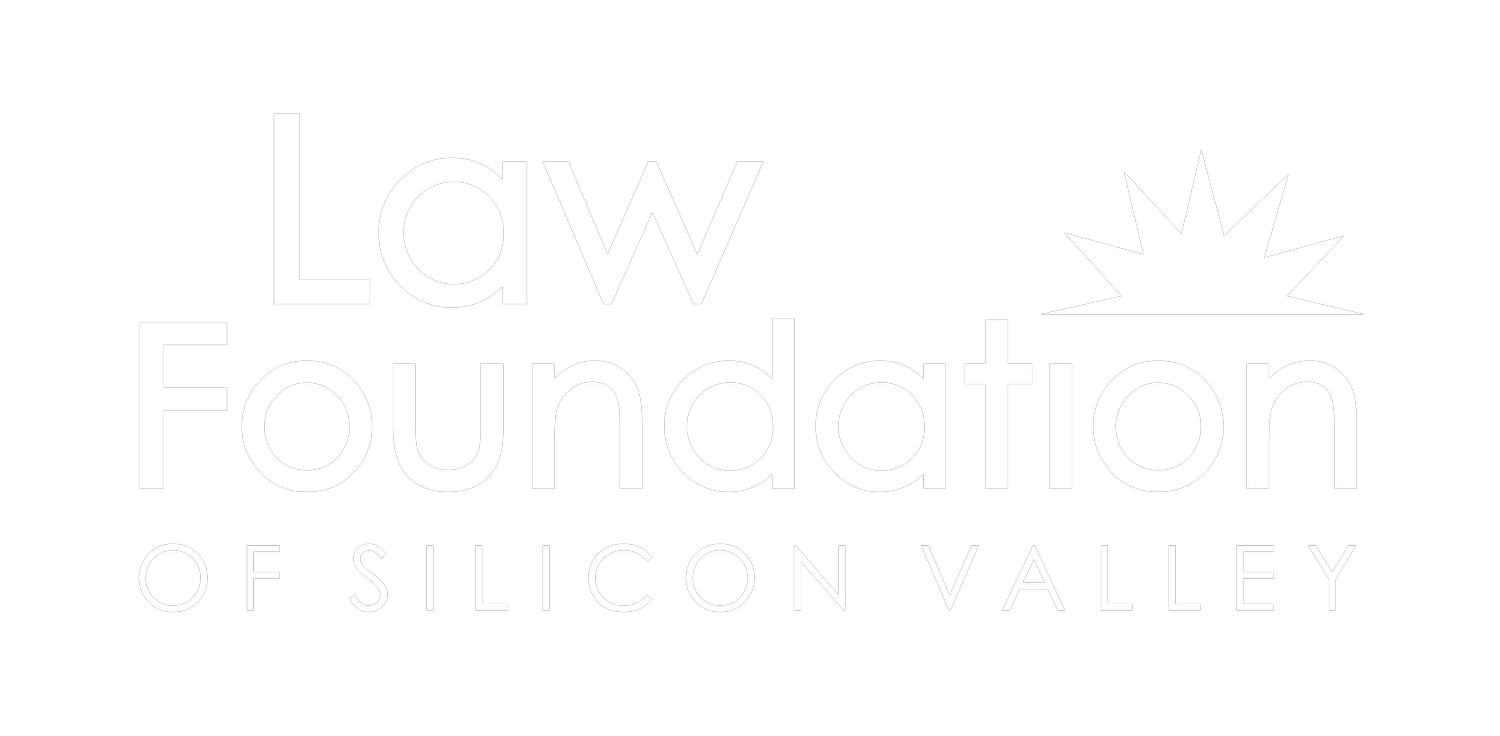UPDATE (10/15/2019) - As of October 14, Federal Judges have issued five preliminary injunctions, which prevent the new rules from being implemented for now. This is a huge victory for immigrant families. The legal fight will continue, but for now, the public charge rules in the United States have not changed and will continue to follow the policies set forth in the 1999 guidance.
Unfortunately, the judges’ rulings do not affect the public charge determinations made by the Department of State (DOS). The DOS policy affects non-U.S. citizens who go through consular processing in their home country before entering the U.S. and green card applicants who are required to leave the U.S. to seek status through consular processing. On October 11, the Department of State (DOS) issued an interim final rule that aligns its definition of public charge to that contained in the DHS final rule. This DOS rule is still scheduled to take effect on October 15, 2019; however, DOS officials told a CBS news reporter that the rule will not be implemented until a new form is finalized.
To stay informed about the current status of the DHS and DOS rules, sign up for updates at: https://protectingimmigrantfamilies.org/
What is the new Public Charge Rule and how will it impact immigrants & their families?
Source: Protecting Immigrant Families
When does the new Public Charge rule take effect?
The new public charge rule was published to the federal register on Wednesday, August 14, 2019. The rule will not take effect until October 15, 2019. However, lawsuits have already been filed with the aim of preventing the rule from taking effect on October 15, 2019 and challenging the validity of the rule generally.
What is the definition of “Public Charge” under the new rule?
Public charge is defined as a person who “receives one or more public benefit… for more than 12 months in the aggregate within any 36-month period (such that, for instance, receipt of two benefits in one month counts as two months).”
Public benefits that are included under the new definition include cash assistance for income maintenance, SNAP or food stamps, housing assistance, and Medicaid. However, there are exceptions for emergency Medicaid, Medicaid coverage for children under the age of 21, and for pregnant women receiving Medicaid up until 6 months post-partum.
What is the test to determine if someone is a “Public Charge”?
The determination of whether someone is a public charge is based on a totality of the circumstances. The new weighted factors of the totality of the circumstances test is designed to make it harder for low and moderate-income people to pass.
In addition to asking whether the applicant has received public benefits, the totality of the circumstances test looks at income and financial status, age, education and skills, health, family status, and whether the applicant has an affidavit of support.
Important notes:
This rule only applies to applications submitted on or after October 15, 2019. The use of any of the newly-named benefits (cash assistance for income maintenance, SNAP or food stamps, housing assistance, and Medicaid) before this date will not be considered in a public charge determination. Only the prospective use of these benefits on or after October 15, 2019 will be considered.
Positive factors can be weighed against negative factors under the totality of the circumstances test.
The new rule will NOT look at the benefits received by an applicant’s family members who are citizens of the United States.
However, the new rule will consider whether someone has filed an application for benefits, even if no benefits were received.
Where does “Public Charge” come up?
A public charge assessment is made when a person:
Applies to enter the United States.
Applies to adjust status to become a Lawful Permanent Resident (LPR) – in other words applies for a green card.
A green card holder leaves the United States for more than 180 consecutive days (6 months) and seeks re-entry.
Does the “Public Charge” rule apply to everyone?
The public charge rule does not apply to everyone. There are certain groups of people who are either exempt from the public charge rule or may get a waiver for public charge when applying for admission to the United States, a green card, or other USCIS benefits. These include:
Refugees and asylum applicants.
Refugees and asylees applying for adjustment to permanent resident status.
Amerasian immigrants (for their initial admission).
Individuals granted relief under the Cuban Adjustment Act (CAA).
Individuals granted relief under the Nicaraguan and Central American Relief Act (NACARA).
Individuals granted relief under the Haitian Refugee Immigration Fairness Act (HRIFA).
Individuals applying for a T Visa.
Individuals applying for a U Visa.
Individuals who possess a T Visa and are applying for adjustment to permanent resident status.
Individuals who possess a U Visa and are applying for adjustment to permanent resident status.
Special immigrant juveniles.
VAWA self-petitioners.
Applicants for Temporary Protected Status (TPS).
Individuals applying to renew DACA status.
What happens next?
If you are using any of the newly-listed benefits (cash assistance for income maintenance, SNAP or food stamps, housing assistance, and Medicaid) you may continue using those benefits until October 15, 2019.
It’s not over! Advocates are doing everything they can, including filing lawsuits, to either stall or stop the rule from taking effect on October 15, 2019.
The Law Foundation will continue to track the progress of the rule and will update our materials accordingly.
If you have questions or concerns regarding how the new rule may impact your immigration status, we advise that you speak with an immigration expert as soon as possible.
Who can you call for questions or if you need help?
Please contact the Law Foundation. We can assist you and provide you with resources and referrals. For questions about benefits, call (408) 280-2420. For questions about housing, call (408) 280-2424. For questions about immigration proceedings or child welfare, please call (408) 280-2416.

